Should the scope of socialization with DNA major be expanded?
National Assembly Deputy Tran Thi Thu Phuoc ( Quang Ngai ) highly appreciated the draft Law on Judicial Expertise (amended) which has fully institutionalized the Party's policies and guidelines on socializing the field of judicial expertise, in line with reality, gradually forming and developing the judicial expertise profession.
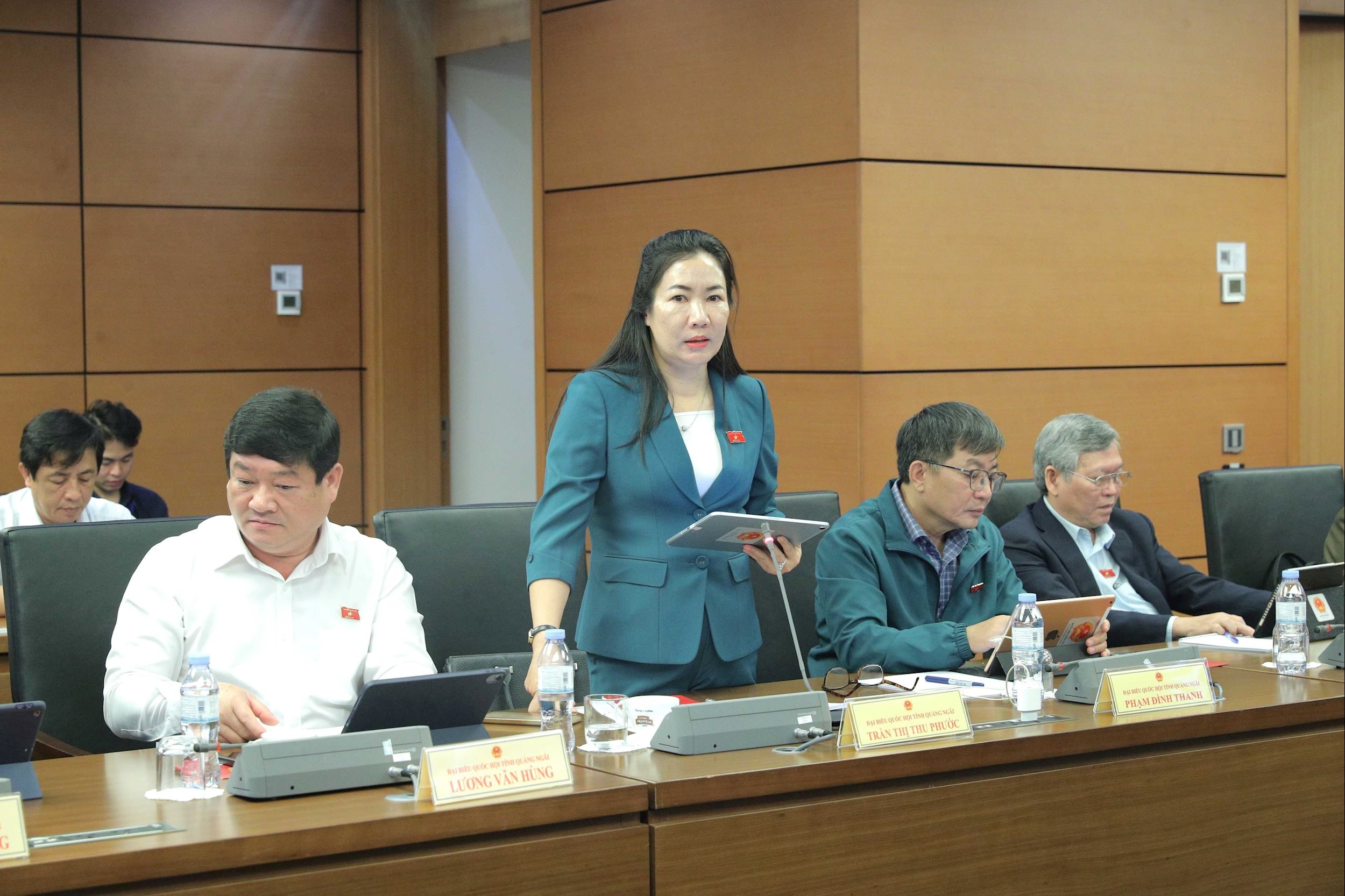
However, the delegates suggested that the Drafting Committee study and readjust the decentralization and delegation of powers in the direction of assigning the Minister and Head of the ministerial-level agency in charge of professional management in the field of judicial appraisal to appoint and dismiss judicial appraisers, such as: the Ministry of Health appoints and dismisses forensic and forensic psychiatric appraisers; the Ministry of Public Security appoints and dismisses criminal technical appraisers, to ensure unity, synchronization, and improve the quality of the team of appraisers, in accordance with the state management authority prescribed in the draft Law.
The above regulations also overcome the limitations, inadequacies, and inconsistencies in the appointment and dismissal of judicial experts among ministries, ministerial-level agencies, and provincial People's Committees (according to the provisions of the 2012 Law on Judicial Expertise, amended and supplemented in 2020).
Article 20 of the draft Law is stipulating that the Judicial Expertise Office is established in specialized fields, including the expertise of documents, fingerprints, digital and electronic techniques, and DNA to serve civil and administrative proceedings, the needs of organizations and individuals, and in criminal proceedings when the person requesting the expertise requests it.
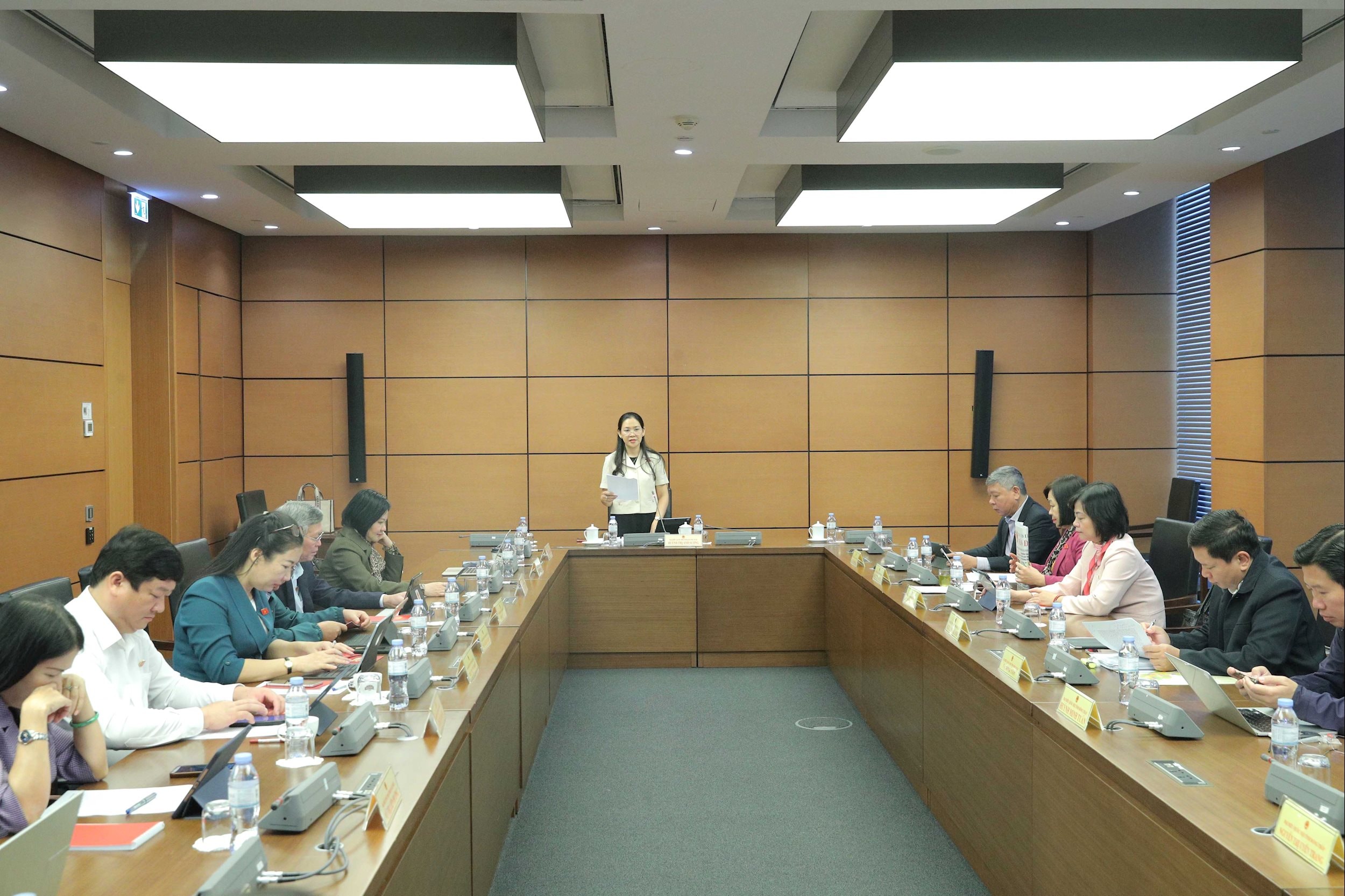
The above regulation can lead to many shortcomings in the practical implementation of appraisal. Expressing this point of view, delegate Tran Thi Thu Phuoc cited that regarding forensic appraisal in the field of criminal techniques, this is a special appraisal field, related to tracing individuals and individuals (biometrics), so it can affect citizens' personal data and national security.
The delegate stated that currently the public forensic appraisal organization system is performing well and can meet the needs of individuals and organizations in society; the subjects of criminal technical appraisal are diverse and complex, related to crime scenes and objects bearing traces from many different sources, and must be researched, examined, evaluated, and screened to determine whether or not there is an appraisal subject, so the appraiser must not only have specialized knowledge in the appraisal field but also have legal knowledge, expertise in traces, crime scenes, and practical experience in this field to be able to research and draw appraisal conclusions that ensure objectivity and accuracy to serve the procedural requirements.
Notably, the appraisal activities for criminal technical appraisal specialties (fingerprints, documents, digital and electronic) are carried out according to the appraisal process, methods and means issued by the Minister of Public Security (belonging to the list of state secrets). Most of the appraisal objects and comparison samples are related to state secrets such as: security features of money, stamps, handwriting, signatures on papers and documents with legal value, personal data on electronic devices, biometric characteristics of fingerprints, voice, DNA, etc.
Therefore, if a forensic expertise office is established for criminal technical expertise specialties, it may lead to the disclosure of state secrets and personal information, which criminals can take advantage of to commit crimes, erase traces, conceal criminal methods, causing difficulties in prevention, detection, investigation and handling.
Regarding biological examination (with DNA analysis), DNA is not a field or specialty of forensic examination. According to the delegate, it is necessary to distinguish between the activity of "biological forensic examination (with DNA analysis step)" and the activity of "DNA testing" to have an appropriate approach and issue reasonable regulations, avoiding legal conflicts when regulating these two contents in the draft Law.
In reality, DNA analysis and testing to serve the needs of individuals and organizations in society is still being performed by laboratories or DNA testing centers without any difficulties or problems; human DNA data (from biological identification results with DNA analysis) is the most sensitive and important data.
Therefore, delegate Tran Thi Thu Phuoc suggested that the State needs to unify and strictly manage. Expanding the scope of socialization for the DNA industry can lead to the exploitation of collecting DNA data of Vietnamese people, beyond the control of the State, with the risk of personal information being collected for bad purposes, affecting human rights, civil rights, security and order, and many other long-term consequences.
Professional ethics criteria should not be removed in granting intellectual property assessor cards.
Regarding the draft Law amending and supplementing a number of articles of the Law on Intellectual Property, National Assembly Deputy Vu Thi Lien Huong (Quang Ngai) stated that in the context of digital transformation, knowledge economy and strong development of artificial intelligence, many new creative values do not exist in physical form such as digital data, AI technology, digital interfaces, virtual objects, algorithms, databases, etc. are commonly called "intellectual property", "digital property" . However, the draft Law does not have a specific concept and scope of regulation for these types of assets. The delegate suggested that they need to be supplemented and adjusted.
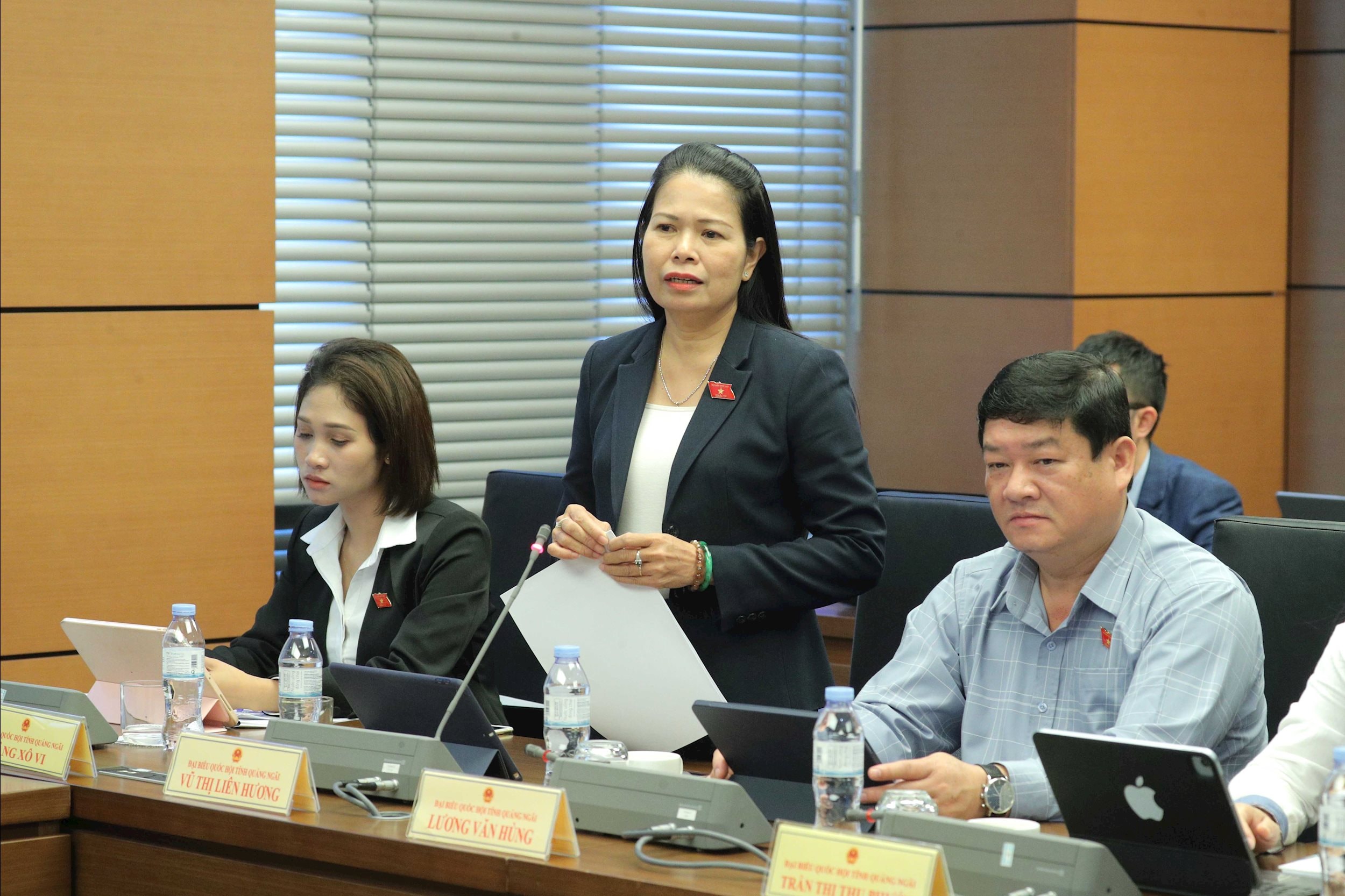
Citing Clause 1, Article 8a, the draft Law stipulates that “For intellectual property rights that do not meet the conditions for recording asset value in accounting books, the owner of intellectual property rights may determine the value and create a separate list for management. The owner of intellectual property rights may use intellectual property rights to conduct commercial transactions, contribute capital, and mobilize capital in forms prescribed by law”. Thus, the provision that intellectual property rights “ do not meet the conditions for recording asset value in accounting books”, the delegate suggested, needs to be clarified which law provisions these conditions are implemented in order to have a basis for unified application.
On the other hand, "the owner of intellectual property rights is entitled to determine the value and create a separate list for management", is creating a separate list for management a violation of the Accounting Law or not, because according to Clause 3, Article 13 of the Accounting Law strictly prohibits the act of "leaving out of the accounting books the assets and liabilities of the accounting unit or related to the accounting unit". Noting this issue, delegate Vu Thi Lien Huong suggested research and appropriate adjustments.
The draft law removes the criteria on professional ethics in the conditions for being granted an intellectual property appraiser card. According to the drafting agency, ethical qualities are qualitative, so it is difficult to implement. However, National Assembly member Nguyen Thanh Cam (Dong Thap) said that if the person granted an intellectual property appraiser card is not upright, dishonest, or does not have good ethical qualities, it will bring about unpredictable consequences, especially for human intellectual products.
Therefore, the delegate proposed not to remove the professional ethics criteria in the conditions for being granted an intellectual property appraiser card. Or there must be a replacement regulation such as if the person being considered for an intellectual property appraiser card in the past when performing duties and responsibilities was not transparent or dishonest, he/she must be excluded and not be granted an appraiser card.
Source: https://daibieunhandan.vn/ro-khai-niem-tai-san-tri-tue-va-tai-san-so-10394461.html








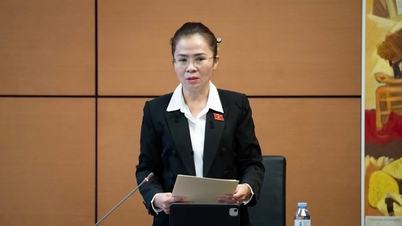



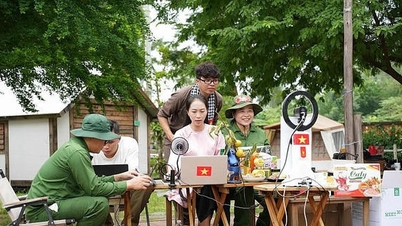
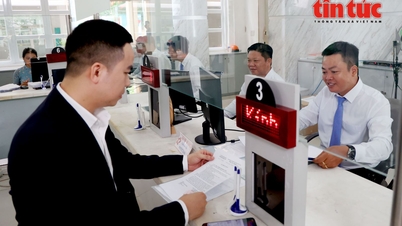

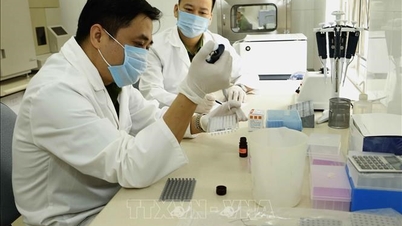
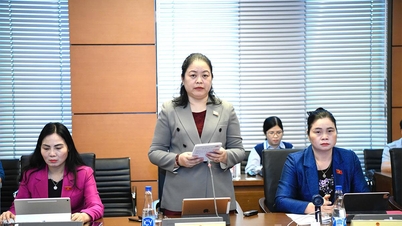

![[Infographic] Member of the Party Central Committee, Chairman of the Central Inspection Commission Tran Sy Thanh](https://vphoto.vietnam.vn/thumb/402x226/vietnam/resource/IMAGE/2025/11/06/1762388416521_uy-vien-trung-uong-dang-chu-nhiem-uy-ban-kiem-tra-trung-uong-tran-sy-thanh-30629722731558625649627-84806723192662976683732.jpeg)



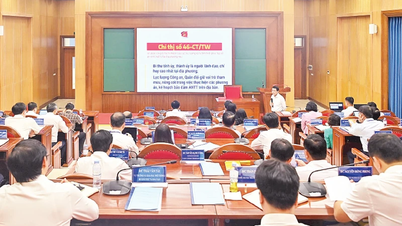
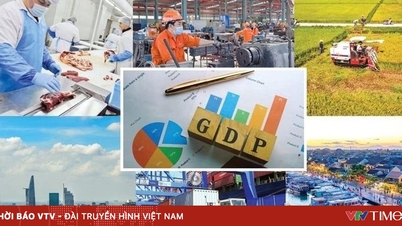
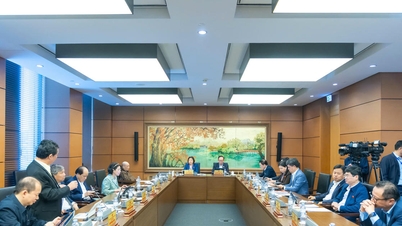
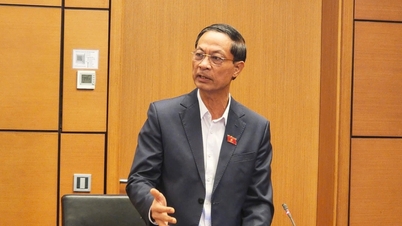







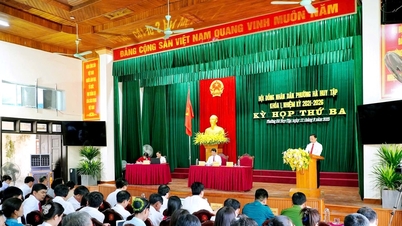

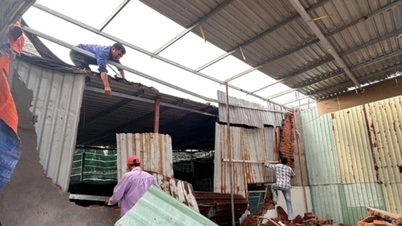



![[Photo] Opening of the 14th Conference of the 13th Party Central Committee](https://vphoto.vietnam.vn/thumb/1200x675/vietnam/resource/IMAGE/2025/11/05/1762310995216_a5-bnd-5742-5255-jpg.webp)


















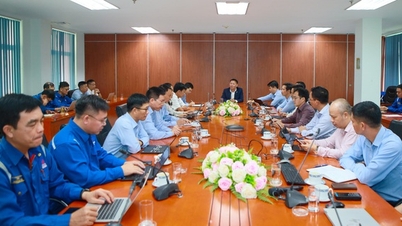

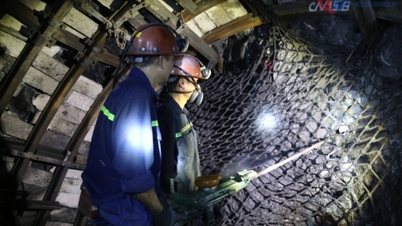

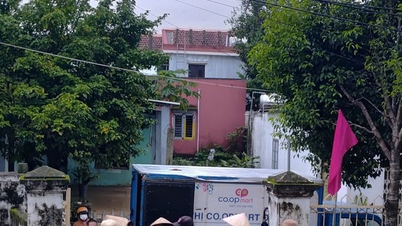




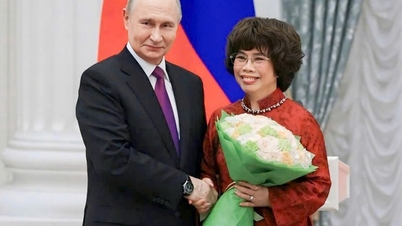




























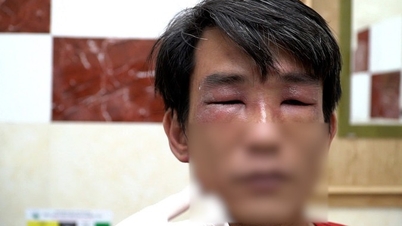



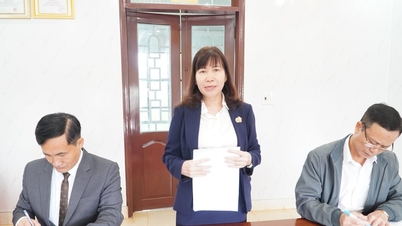















Comment (0)